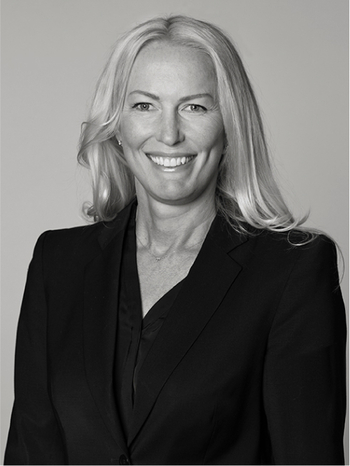Bertil Vallien
a unique sand cast glass sculpture, 'Resting head', Kosta Boda, Sweden.
Egg shaped, one side with a polychrome face within the glass, the other side with a cross, signed B. Vallien 7183215 KOSTA BODA UNIQUE. Measurements ca 38 x 23 x 28.5 cm.
Kirjallisuus
Gunnar Lindqvist, 'Bertil Vallien - Glas äter ljus', Carlssons 1999, compare similar 'Resting heads' illustrated and mentioned pp 226-229:
'Bertil Vallien has taken the theme of semi-transpoarent glass heads a step further with a suite of ovoidal sculptures, resting on a base. Within the opaque surface, a frozen head is glimpsed - a head within a head. The formal structure is over-simplified in these sculptures, giving the impression of ice, or frozen water; but also of the head as a capsule, a seed containing new life. Here, Vallien is exploring subtler values: the fragile threads of life itself. The effect can be confusing to an observer. The frozen face within the glass is shrouded in mist, unconcious and unaware. It is rich in symbolism yet the form as simple, as in often the case with Bertil Vallien. It has a poetic, almost sensual feeling, which one does not find in the more expressive blue heads.
The sculptures are cast in two parts, using one mould for each, then fused together and polished individually by hand. A sort of "graal" technique in sand casted glass...'













































































